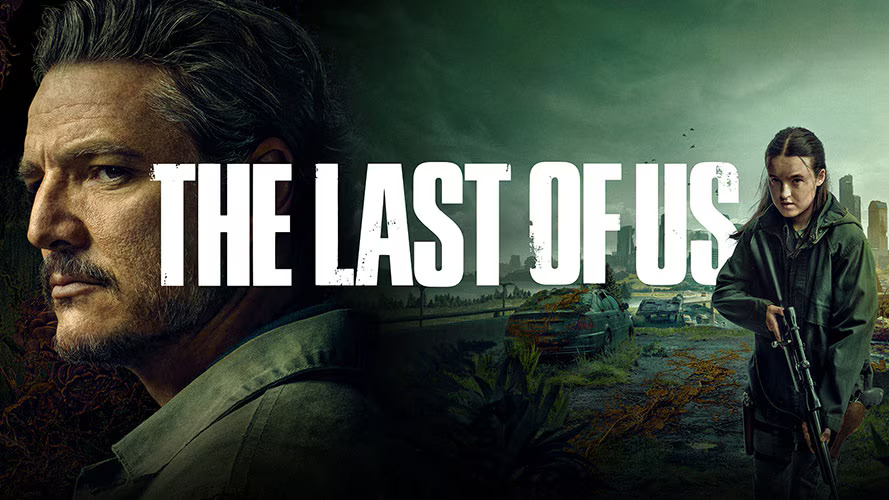The echoes of that ending still resonate. The gut-wrenching choices, the fierce love, the brutal reality of a world irrevocably changed. The Last of Us, whether you experienced it through the groundbreaking video games or the critically acclaimed HBO adaptation, has left an indelible mark on our collective consciousness. It’s a story that burrows deep, forcing us to confront uncomfortable truths about survival, morality, and the lengths we’d go to for those we hold dear.
More than just a post-apocalyptic zombie tale, The Last of Us is a masterclass in character development and storytelling. We were drawn into the complex relationship between Joel, the hardened survivor haunted by loss, and Ellie, the resilient and fiercely independent teenager immune to the Cordyceps infection. Their journey across a ravaged America was fraught with peril, not just from the infected, but from the desperate humanity that remained.
The beauty of The Last of Us lies in its nuanced portrayal of its characters. Joel, initially a gruff and emotionally detached smuggler, slowly allows himself to care for Ellie, finding a surrogate daughter in her. Ellie, despite the horrors she witnesses, retains a spark of hope and a sharp wit, forcing Joel to confront his own buried emotions. Their bond, forged in the crucible of survival, became the emotional anchor of the entire narrative.
The world itself is a character in The Last of Us. The overgrown cities, the silent reminders of a lost civilization, and the constant threat of the infected created an atmosphere of palpable tension and despair. Yet, amidst the decay, there were moments of breathtaking beauty – a sunset over a ruined cityscape, a quiet encounter with wildlife – reminding us of the resilience of nature.
The HBO Adaptation: Bringing the Story to a New Audience
The HBO adaptation, helmed by Craig Mazin and Neil Druckmann, brilliantly translated the emotional depth and narrative complexity of the games to a new medium. Pedro Pascal and Bella Ramsey delivered phenomenal performances as Joel and Ellie, capturing the nuances of their relationship with remarkable authenticity. The series expanded on certain storylines, offered fresh perspectives, and introduced new layers of emotional resonance, further solidifying the story’s impact.
Looking Ahead: What Does the Future Hold?
For those who have experienced both the games and the first season of the HBO series, the anticipation for what comes next is immense. The second game, The Last of Us Part II, presented a darker, more divisive chapter in Joel and Ellie’s story, exploring themes of revenge, grief, and the cyclical nature of violence.
It will be fascinating to see how the HBO series adapts this complex and emotionally challenging narrative. The casting announcements for key characters from Part II have already generated significant buzz, and the creative team faces the daunting task of staying true to the source material while also navigating its potentially polarizing elements.
Regardless of how the story unfolds in future adaptations, the legacy of The Last of Us is secure. It’s a narrative that has sparked countless discussions about morality, the human condition, and the power of connection in the face of unimaginable adversity. It has raised the bar for storytelling in both video games and television, proving that even in the darkest of worlds, the bonds we forge can be the most powerful force of all.
What are your lasting thoughts on The Last of Us? What are you most anticipating (or apprehensive about) for the future of the adaptation? Share your reflections in the comments below!


